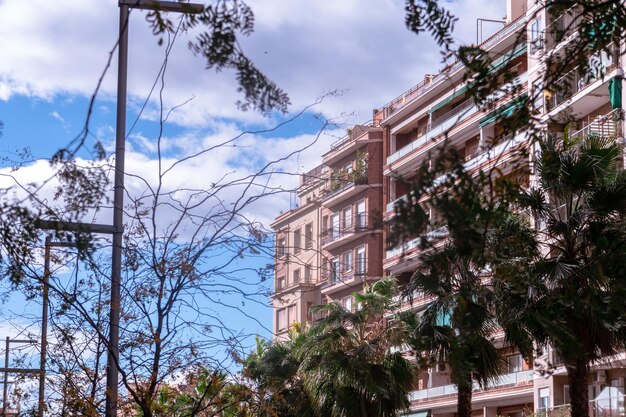Discovering Affordable Housing Opportunities in Raleigh
Raleigh, the vibrant capital of North Carolina, is a city known for its beautiful parks, renowned educational institutions, and thriving job market. However, as the city grows, navigating the affordable housing market can be challenging for many residents. Understanding the available resources and assistance programs can make this process significantly easier and more accessible.
What Defines Affordable Housing in Raleigh?
Affordable housing is designed to ensure that all individuals and families have access to housing solutions that do not exceed 30% of their gross monthly income. In Raleigh, a city experiencing rapid growth and development, maintaining a balance between housing demand and affordability is crucial. Affordable housing can include a mix of rental housing, subsidized apartments, and housing assistance programs aimed at reducing the housing cost burden on residents.
Exploring Housing Assistance Programs
For those seeking affordable living options, Raleigh offers several government-backed programs and community initiatives aimed at easing the financial burden of housing costs:
Raleigh Housing Authority (RHA)
The RHA provides assistance through the Housing Choice Voucher Program (commonly known as Section 8). This program assists low-income families, the elderly, and individuals with disabilities in finding suitable housing in the private market. Eligible applicants receive a voucher to help reduce their rent payments to an affordable level.
The City of Raleigh Community Development
Raleigh's Community Development Division offers multiple homeownership programs aimed at making home buying more accessible. Programs are available to assist with down payments and closing costs, providing valuable support to low- and moderate-income homebuyers.
Financial Assistance and Debt Relief Options
With the cost of living rising, residents might find themselves needing financial assistance to manage their housing costs:
Rental Assistance Programs
Local non-profits and charities often provide temporary rent assistance to individuals facing short-term financial hardship. These programs are designed to prevent homelessness by offering emergency relief.
Debt Management and Relief Services
For those dealing with high credit card debt or struggling with financial obligations, Raleigh offers numerous credit counseling services. These organizations help develop manageable debt repayment plans and offer financial education to improve fiscal health.
Capitalizing on Educational Opportunities
Education is a powerful tool in fostering long-term financial stability. Raleigh provides several avenues for residents to enhance their skills and career prospects:
Scholarship and Grant Opportunities
Numerous local educational institutions offer scholarships and grants to support students from low-income families. These financial aids can alleviate tuition costs, enabling access to higher education and better job opportunities.
Workforce Development Programs
Through partnerships with community colleges and training centers, Raleigh encourages skills development programs focused on in-demand industries, making it easier for residents to secure higher-paying jobs.
Taking the Next Steps
Navigating the affordable housing landscape in Raleigh requires understanding available resources and programs. By making informed decisions and leveraging local assistance options, residents can achieve housing stability while enhancing their financial well-being.
Key Resources and Opportunities:
🏠 Housing Choice Voucher Program (Section 8): Income-based rental assistance for eligible families and individuals.
💰 Raleigh Down Payment Assistance: Financial support for first-time homebuyers.
📈 Credit Counseling Services: Guidance in managing debt and improving credit scores.
📚 Educational Grants and Scholarships: Support for students seeking higher education.
🛠️ Workforce Development Programs: Skills training in various trades and industries.
Taking advantage of these programs can significantly relieve housing stress and open doors to greater financial security.

